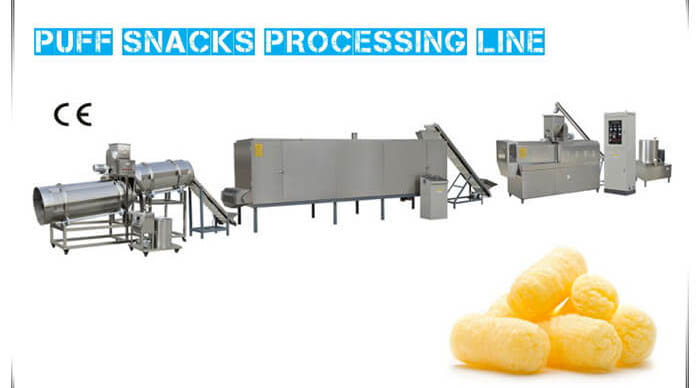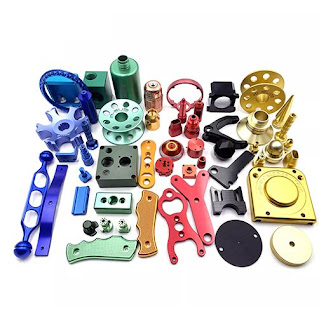What is a Food Extruder?
To understand what a food extruder is, you must first know how the process of extrusion works. Extrusion is the process of heating and pushing material (usually pellets, dry powders, and food) through a die. The die is essentially a mold that shapes the material as it is forced through a small opening to the other side. This is one of the most common methods of producing sheet and strip in the shape of metals, plastics and rubbers.
What Are the Uses of an Extruder?
Extruder Machines can be used to create a variety of usable products by forming a variety of materials. For example, our breakfast cereals and prepared snacks are often made using food extruders that use uniform, controlled pressure and temperature to create the nearly identical foods we pour into our bowls each morning.
For the same reason, pet food and snacks are made with food extruders - for a high degree of consistency and quality in the food we feed our furry family members.
How It Works?
Food materials containing a certain amount of moisture are subjected to the thrust of the screw in the extruder, the blocking effect of the inner wall of the sleeve, the reverse screw, and the forming die, the heating effect of the outer wall of the sleeve, and the heating effect of the frictional heat between the screw and the material and the material and the sleeve, so that a large amount of frictional and conduction heat is generated between the material and the inside of the screw sleeve, and under the action of these combined factors, the material inside the barrel is at a high pressure of 3~8MPa and Once the material is extruded from the die, the pressure drops to atmospheric pressure, the water in the material instantly flashes and emits, the temperature drops to about 80 ℃, resulting in the material becoming a certain shape of the porous structure of the expanded food. If you want to produce non-swelling food, you can add a cooling device before the material comes out of the die, so that the temperature before it comes out of the die is less than 100 ℃.
Technical Characteristics
1. Versatility: A wide variety of foods can be produced with the same extrusion system.
2. High productivity: one extruder has a larger capacity than other cooking (forming) processing systems.
3. Low cost: the labor and floor space required per unit of production is smaller than other cooking (forming) processing systems.
4. Multiple product forms: The extruder can produce various forms of products that are not easily obtained using other production methods.
5. High quality products: The high temperature and short processing time minimizes the destruction of nutrients, but kills most of the microorganisms and other harmful substances.
6. Manufacture of new products: Extrusion can modify some vegetable proteins, starches and other food materials to make new products.
7. No contamination: no contamination or other hazardous substances are produced.


评论
发表评论